Understanding DC Contactor 48V Applications
Selecting the appropriate DC contactor 48V is crucial for the seamless operation of electrical systems. These contactors serve as pivotal components in power control and are designed to handle various loads and electrical characteristics. It is imperative to align the contactor with the specific requirements of the application to avoid electrical and mechanical issues.
Types and Features of 48V DC Contactors
The market offers a diverse range of 48V DC contactors, each engineered to meet distinct operational demands. The primary consideration should be the contactor's capacity to manage the current or power of the load. An undersized contactor may lead to contact sticking and wear, posing safety risks. Additionally, the coil voltage compatibility is essential; an incorrect voltage can cause malfunction or damage to the coil.
Installation Considerations for Kontaktor 48V
Installation is a critical phase where the choice of mounting type and position for a kontaktor 48V should be considered. This ensures the integrity of the product is maintained and the warranty remains valid. Compatibility with mechanical and electrical accessories is also a key factor, as these should complement the contactor type selected for the application.
Operational Durability of 48 Volt DC Contactor
The operational and storage temperature thresholds for a 48 volt DC contactor are significant. Some contactors may require additional cooling to operate efficiently, and it is essential to adhere to the specified temperature limits to prevent overheating and potential burnout.
Performance Metrics of Contactor DC 48 Volt
Performance is a cornerstone for contactor DC 48 volt selection, where the coil's response time post-energization is a testament to its reliability. A swift response time is indicative of a well-engineered contactor. Furthermore, the number of auxiliary contacts can provide insight into the contactor's functionality, whether it is normally open or closed.
Choosing a DC Contactor 48V 200A
For applications requiring high power handling, a DC contactor 48V 200A may be appropriate. This type of contactor is built to manage substantial loads and is an integral part of power management systems. When selecting such a contactor, ensure it aligns with the application's power requirements and operational conditions.
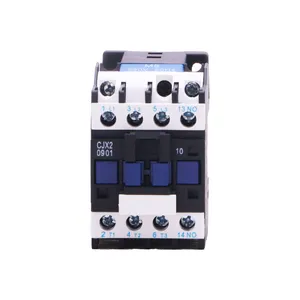


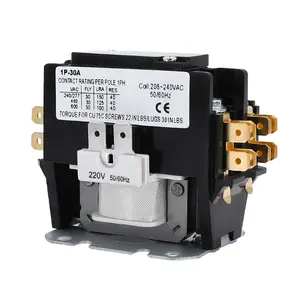





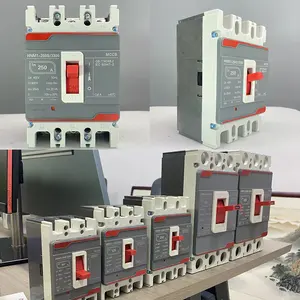



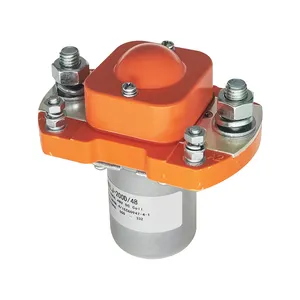
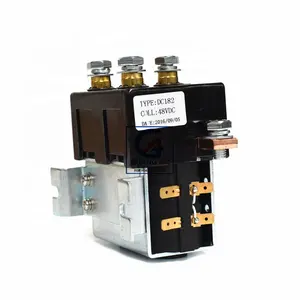

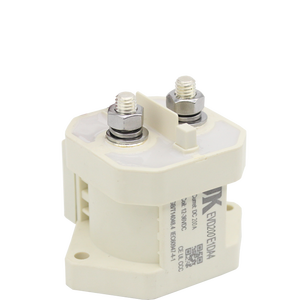
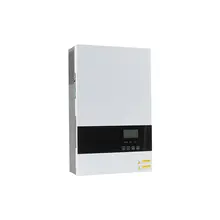
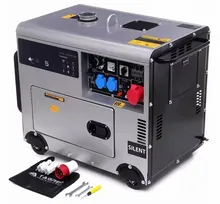


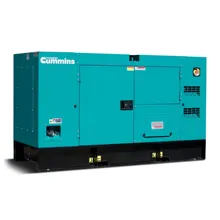
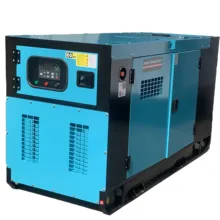





















 浙公网安备 33010002000092号
浙公网安备 33010002000092号 浙B2-20120091-4
浙B2-20120091-4